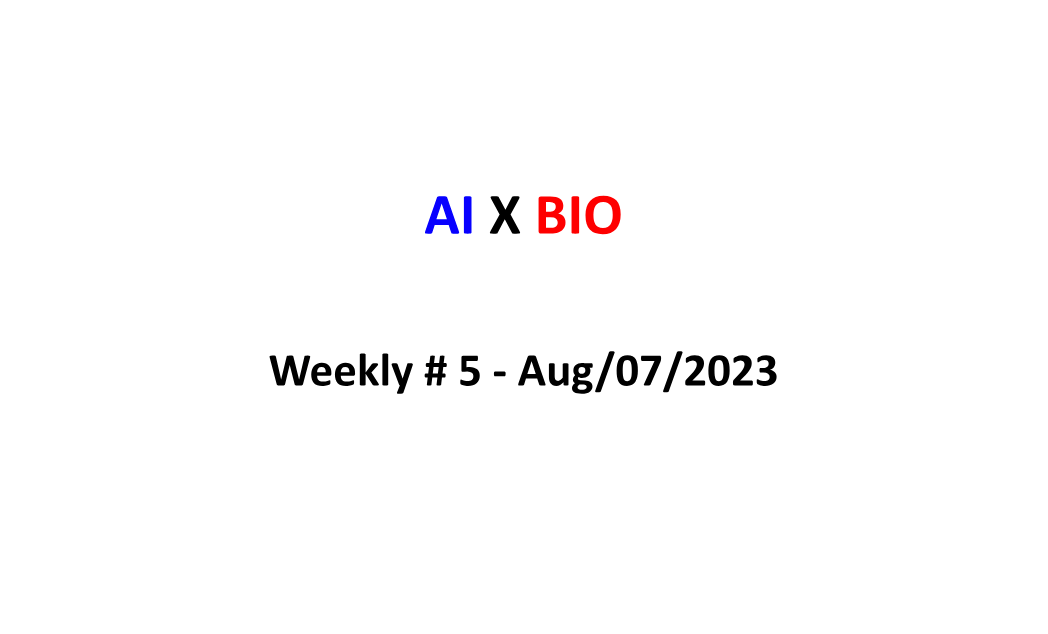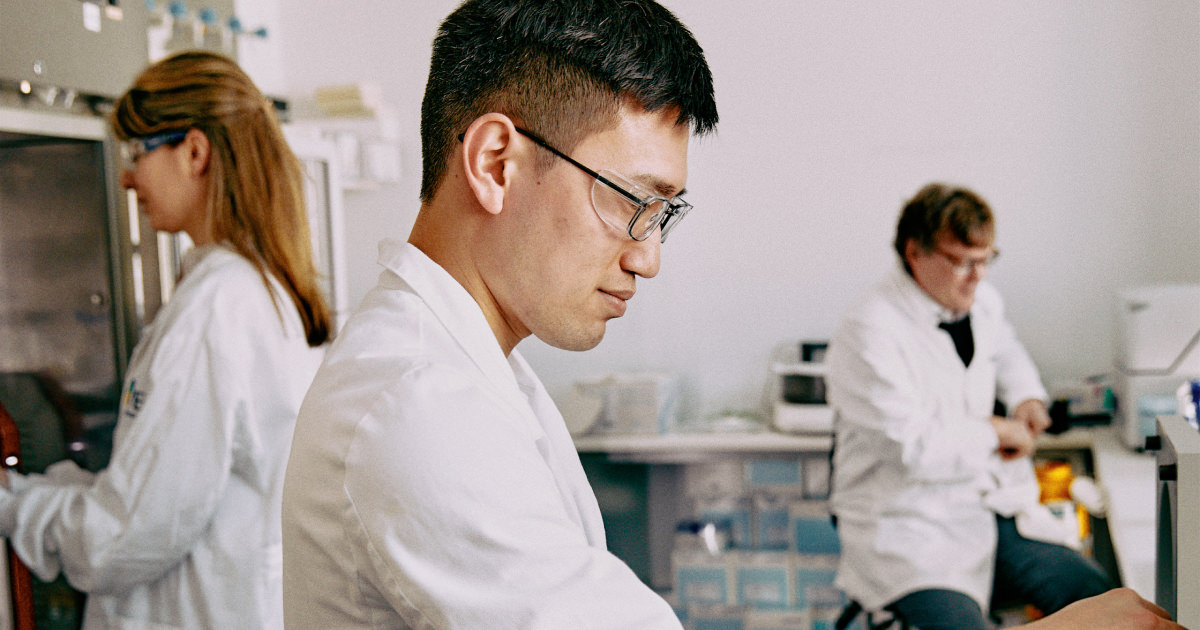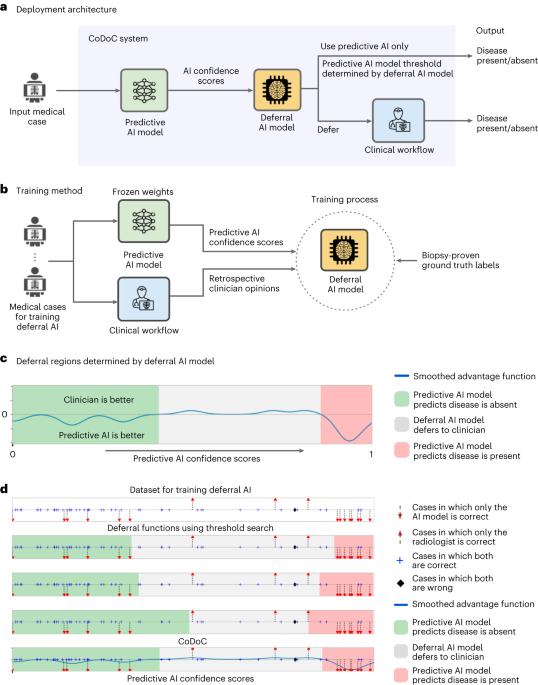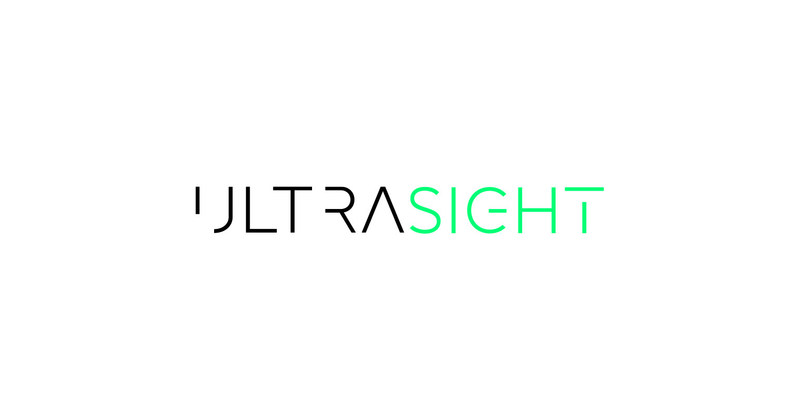- AIXBIO
- Posts
- AIXBIO Weekly #5 - Aug /07/23
AIXBIO Weekly #5 - Aug /07/23

Featured
Open-Source AI Leaders Rally to Safeguard Innovation in Upcoming EU AI Legislation
A coalition comprising prominent open-source AI stakeholders such as Hugging Face, GitHub, EleutherAI, and others, is making a concerted effort to influence EU policymakers. Their goal is to ensure that the forthcoming EU AI Act, poised to be the world's inaugural comprehensive AI law, champions the cause of open-source innovation. In a recently unveiled policy paper, these AI frontrunners have put forth recommendations designed to make the AI Act more amenable to open-source AI. They caution against the potential pitfalls of "overbroad obligations" that might inadvertently favor closed and proprietary AI development, sidelining open-source initiatives. Such a bias could potentially disadvantage the open AI ecosystem, especially when juxtaposed against AI behemoths like OpenAI and Google.
#AIAct #AIRegulation #opensource
---------------------------------------------------------——-—————————
Research & Development
Unfolding the Potential of AI: AlphaFold's Impact on Biology - Meet the scientists using AlphaFold
AlphaFold, an AI system developed by DeepMind, has become a cornerstone for the scientific community since its inception in 2021. It is being utilized by researchers across the globe to expedite progress in various fields of biology. The website "Unfolded" introduces these scientists who are leveraging AlphaFold to unlock complex challenges, accelerate scientific progress, multiply hypotheses, and pave the way toward groundbreaking discoveries. The projects range from developing a more effective malaria vaccine, detecting early signs of osteoporosis, understanding how protein mutations cause diseases, studying extinct species, and targeting early-onset Parkinson’s, to creating plastic-eating enzymes. The use of AI and ML in these projects is a testament to the transformative potential of these technologies in healthcare, pharmaceutical research, and drug discovery.
#AlphaFold #DeepMind #AIinBiology #HealthcareAI #DrugDiscovery
---------------------------------------------------------——-—————————
Partnerships
Phreesia Acquires MediFind: Enhancing Patient-Centered Care with Advanced Analytics
Phreesia, a leader in patient intake, outreach, and activation, has announced its acquisition of MediFind, a health technology company that uses machine learning and proprietary algorithms to help patients, especially those with serious, chronic, and rare diseases, find better care faster. MediFind identifies leading doctors in specific conditions and fields based on factors such as their research output, volume of patients, and standing among their peers.
The acquisition aims to enhance patient-centered care and expand offerings to consumers. The integration of MediFind's advanced analytics and machine learning capabilities into Phreesia's platform will provide patients with more accurate and personalized healthcare options, thereby improving healthcare outcomes.
#Phreesia #MediFind #HealthTech #PatientCare #MachineLearning #HealthcareAnalytics
---------------------------------------------------------——-—————————
Technology
Integrating Multimodal Data: The Future of Medical AI Systems
Medicine inherently requires interpreting diverse data, from medical images to electronic health records. Over recent years, AI systems have excelled in specific tasks within these modalities. For instance, some AI systems process CT scans, while others analyze pathology slides. Simultaneously, large language models (LLMs) have advanced to the point where they can interpret and respond to medical knowledge in plain language. The challenge lies in merging these capabilities to create a comprehensive medical AI system. Google Research's recent post delves into this challenge, discussing approaches to bring multimodal capabilities to LLMs.
Three research papers are highlighted, each offering insights into the future of medical AI. These papers discuss introducing new modalities to LLMs, grafting state-of-the-art medical imaging foundation models onto LLMs, and the initial steps towards creating a true generalist multimodal medical AI system. If these multimodal LLMs are successfully developed, they could serve as the foundation for new technologies across professional medicine, research, and even consumer applications. However, the development and integration of these systems require careful evaluation and collaboration with the medical community and the broader healthcare ecosystem.
#GoogleResearch #HealthcareInnovation #AIinMedicine #LLMs #FutureOfHealthcare
AI's Potential in Transforming Drug Discovery
The article from Nature delves into the transformative potential of artificial intelligence (AI) and machine learning (ML) in the realm of drug discovery. These technologies can predict how various drugs might interact with a plethora of diseases. This capability could lead to a more streamlined, efficient, and rapid drug development process. However, it's crucial to note that while the potential is immense, there are challenges and limitations to consider. For AI to truly revolutionize drug discovery, it must be implemented with precision and care. The article underscores the importance of understanding these challenges to harness AI's full potential in this field.
#AIDrugDiscovery #MachineLearning #HealthcareInnovation #DrugDevelopment #NatureResearch
---------------------------------------------------------——-—————————
FDA
Etiometry's IVCO2 Index™: FDA-Cleared AI for Neonatal ICU Ventilation Monitoring
Etiometry, a leader in clinical decision-support software, has announced its latest achievement: the FDA clearance of the IVCO2 Index™. This innovative algorithm is designed to alert the risk of hypercapnia in neonatal ICU patients, especially those weighing under 2kg. The IVCO2 Index™ stands out as it offers continuous non-invasive NICU ventilation monitoring without the need for additional devices. This clearance marks Etiometry’s 9th FDA approval and its second in the year 2023 alone.
#FDA
UltraSight Gains FDA Nod for AI-Driven Cardiac Ultrasound Tech
UltraSight, a pioneer in digital health, has achieved a significant milestone by gaining FDA clearance for its innovative AI-powered ultrasound guidance technology. This development is set to revolutionize cardiac imaging by assisting medical professionals, even those without prior sonography experience, in acquiring precise cardiac ultrasound images. This is crucial as over 8 million patients are admitted to U.S. emergency departments with heart-related concerns annually. Timely and accurate cardiac ultrasound can be life-saving.
Imeka Secures FDA Clearance for Pioneering AI-Driven Brain Imaging Software
Imeka, a leader in neuroimaging, has achieved a significant milestone with the FDA's 510(k) clearance for its Advanced Neuro Diagnostic Imaging (ANDI) software. This software leverages the power of artificial intelligence to map and analyze the microstructural properties of the brain's white matter. Such capabilities are crucial for medical professionals, including neurologists and radiologists, offering them invaluable insights as an adjunct to standard care evaluations. The clearance is timely, aligning with the AMA's announcement of two new CPT 3 codes for quantitative brain MRI assessment, which could potentially facilitate reimbursement for clients starting January 2024.
---------------------------------------------------------——-—————————
Ethics & Regulations
ChatGPT Surpasses Medical Students in Clinical Care Exams: A Stanford Study
Stanford researchers have unveiled a study showing that ChatGPT, particularly its latest version GPT-4, can outscore first and second-year medical students in complex clinical care exam questions. This discovery emphasizes the growing influence of artificial intelligence in reshaping medical education and clinical practice. ChatGPT, a renowned large language model AI system, has demonstrated its capability to tackle the USMLE's multiple-choice questions. However, the Stanford team was keen to assess its performance on more challenging, open-ended questions that test the clinical reasoning skills of students. The results were astonishing. On average, ChatGPT scored over four points higher than the students on this segment of the exam. The study also highlighted the need for prompt engineering to ensure ChatGPT correctly interprets healthcare-centric terms. Despite its impressive performance, ChatGPT wasn't without flaws, such as confabulation, where it added false details. Nevertheless, its capabilities have already influenced decision-making at the Stanford School of Medicine, prompting a switch from open-book (with internet access) to closed-book exams. This change aims to assess students' abilities based solely on memory, though it does sideline the essential skill of information gathering from sources. Recognizing the profound implications of AI in medical education, Stanford has initiated an AI working group to contemplate curriculum updates that integrate AI tools, ensuring future clinicians are adept at leveraging AI in their practice.
Wadhwani AI: Pioneering AI Solutions for Global Health Challenges
Wadhwani AI, formed in 2018, is committed to designing AI solutions that benefit underserved populations in developing countries. The organization focuses on agriculture and healthcare, developing and deploying human-centered AI solutions. In healthcare, they have developed a range of AI products to help close the gap between tuberculosis diagnoses and deaths. Their automated interpretation program uses AI to interpret blood test results to determine drug resistance to tuberculosis. They are also working on detecting TB through ultrasound and developing a TB screening method using the patient's cough sounds.
Particularly consequential in reducing fatalities is their risk prediction project, which uses AI to predict whether a patient will complete treatment, informed by corresponding outcomes for roughly half a million tuberculosis patients across the country.
Wadhwani AI is leading the USAID-supported TRACE-TB project, developing an AI-based solution to read, interpret, and transmit Line Probe Assay (LPA) test results. The solution promises to aid in the early diagnosis and treatment of drug-resistant TB patients by reducing processing times and improving the accuracy of LPA test results. The organization believes in the importance of trust building and incorporates checks and balances in all its solutions, often employing human-in-the-loop wherever possible.
#AIinHealthcare #Tuberculosis #AI #ML







